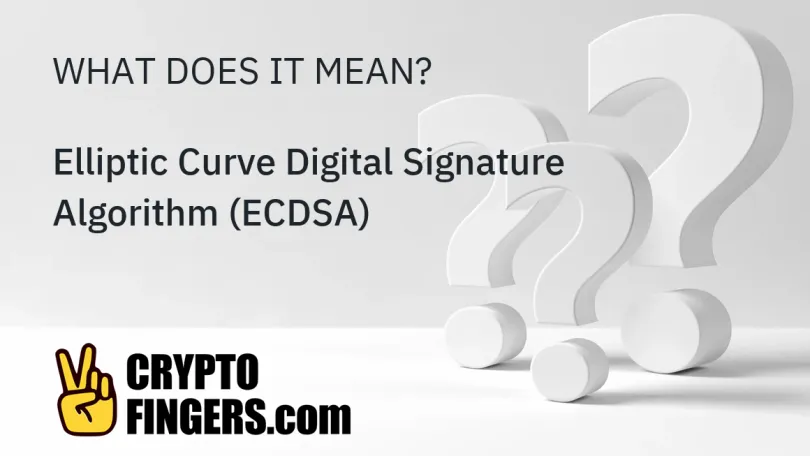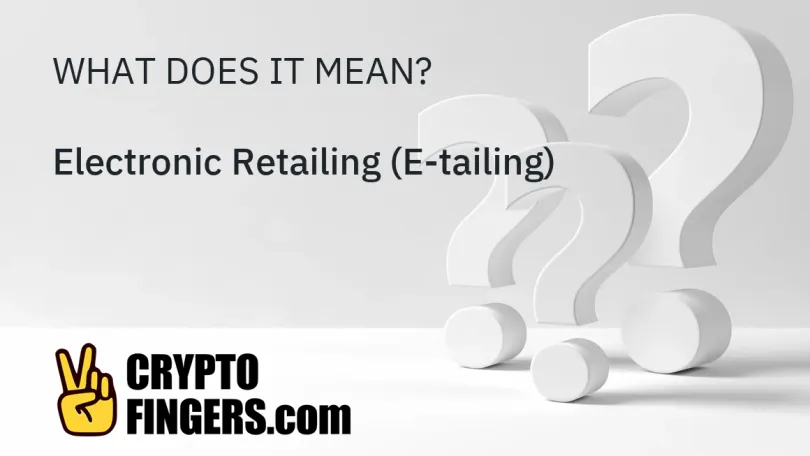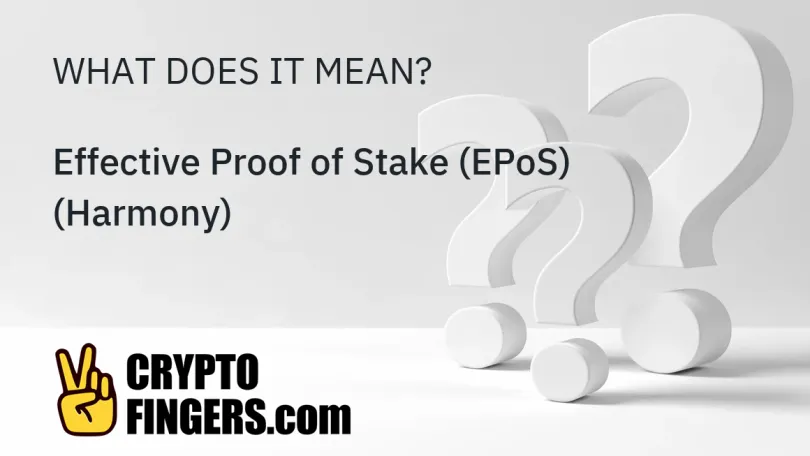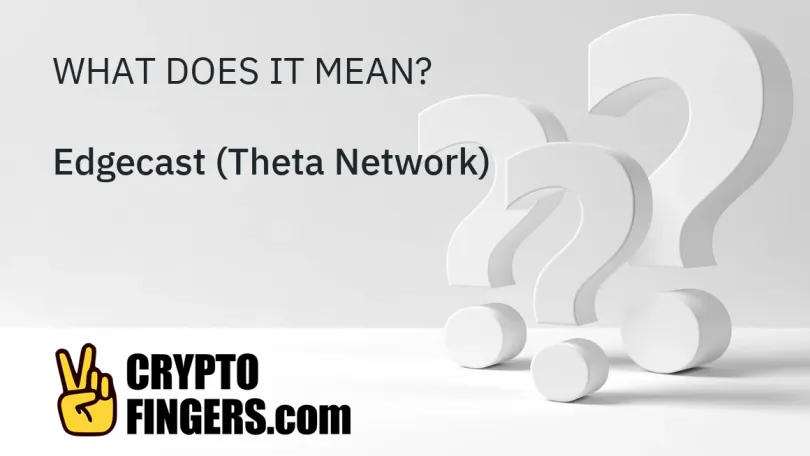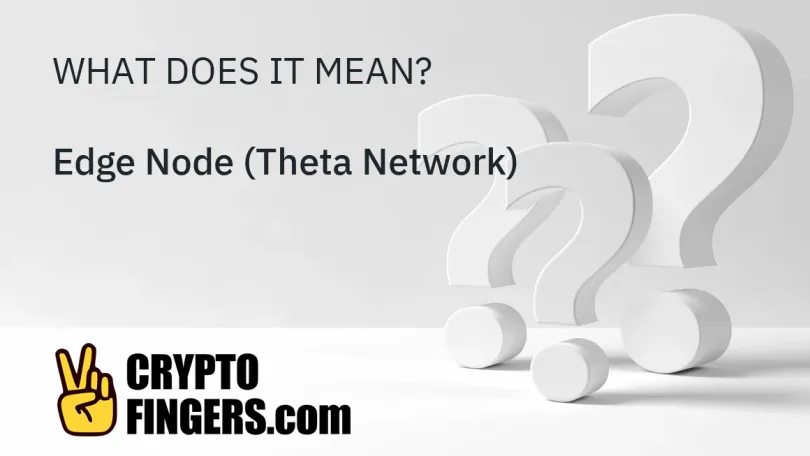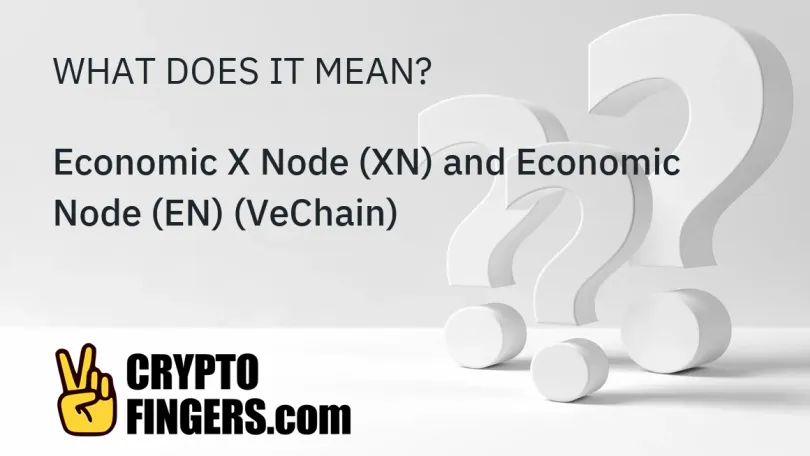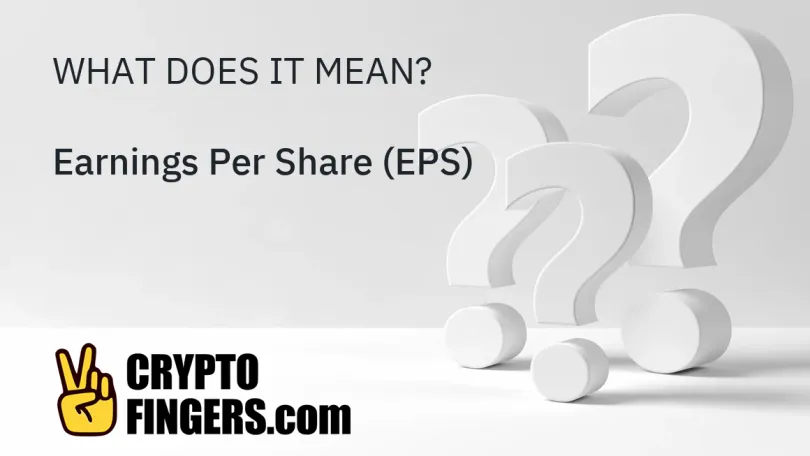⁝⁝⁝
Publications
The Elliptic Curve Digital Signature Algorithm (ECDSA) is the cryptographic signature algorithm used by Bitcoin and several other highly regarded cryptocurrencies, wallets, and exchanges..
E-tailing is the sale of goods and services through the internet. There are numerous types of e-tailing including business-to-business (B2B) and business-to-consumer (B2C) sales of products..
EIP-1599 is an Ethereum Improvement Proposal (EIP) designed to make network transactions more efficient by using a hybrid system of base fees and tips. In the proposal, a base fee is defined..
Effective Proof of Stake (EPoS) is Harmony's proprietary Proof-of-Stake (PoS) mechanism and is designed to increase network security and decentralization. EPoS allows thousands of validators..
Edgecast is Theta Network's decentralized application (dApp) for content transcription and distribution. It allows Theta users to earn Theta coin rewards for sharing videos with other users..
Theta Network Edge Nodes are hosted by Theta community members. Introduced in Theta's 2.0 mainnet launch, Edge Nodes allow users to transcode and relay video content as well as share excess..
An Ecosystem Expansion Project (EEP) is an ICON-related project or activity that contributes to the overall growth and expansion of the ICON ecosystem. EEPs play a role in determining..
Economic X Nodes (XNs) and Economic Nodes (ENs) are two types of nodes created and used by the VeChain Foundation. They incentivize coin holders to run a node in exchange for tokenized VET..
Ecommerce, or electronic commerce, is a business model that allows users to buy and sell products and services on the internet. Ecommerce is usually classified into four main segments..
Earnings per share (EPS) is a method used in fundamental analyses of a company's profitability. Fundamental analysis involves evaluating a company's stock rather than just its earnings..
⁝⁝⁝
Trending news
- Artificial Intelligence (AI)
- Altcoins
- Bitcoin
- DeFi
- Ethereum
- Economy
- Market and Events
- Metaverse
- Mining
- NFT
- Regulation
- Web3
- show less
⁝⁝⁝ Test your knowledge














